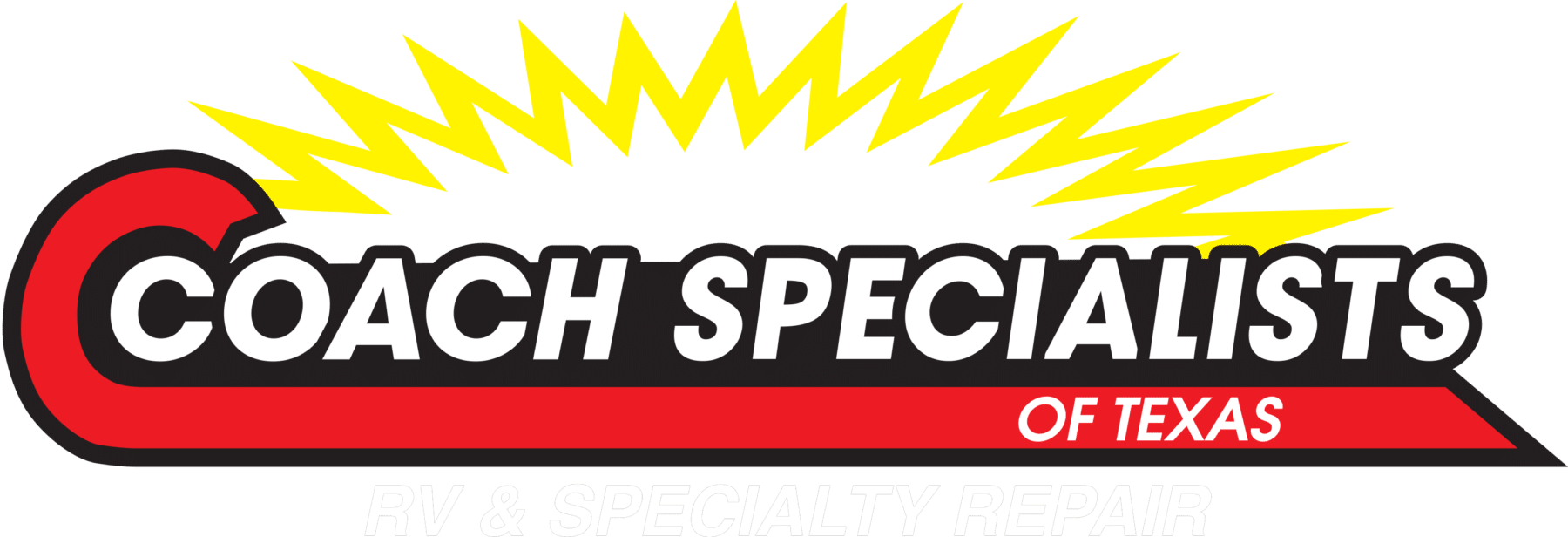It’s rare that a car ever gets a total blowout, and even if it happens, it is a scary but manageable occurrence. But when it comes to your RV, a blowout could cause damage to the RV body panels, wheel wells, axles, or even worse if you don’t know how to drive and RV with a blowout.
Because we are so used to driving on car tires, truck tires like the ones used on RV’s are different. And when RV tires blow, they are often violent, destructive events.
What should an RV driver do if you experience a blowout while behind the wheel? Experts at Michelin America RV tires say to FLOOR IT!
Losing control during a blowout (or sudden loss of air), driving an overweight vehicle, expired tires and being on the road with incorrect tire pressure are common causes for tire blowouts according to Michelin.
In the case of a blowout, our first instinct is to nail the brakes, and it seems absolutely crazy to think about accelerating. But it is really a simple matter of physics and one that experts tell us it will save your life. The Michelin Tire safety pros say that hitting the gas and accelerating quickly with confidence will help you maintain control of your RV during a high-speed blowout.
It doesn’t matter which tire blows out –Front or rear, you deal with RV tire blowouts the same.
Here is why this works:
When your tire blows, say it is the front passenger side), it forces the front corner of your RV to drop down creating a sideways force that wants to pull your RV off the road. There is an adage among racecar drivers that comes into play here: “When in doubt, power out”. This advice refers to drivers who are going into a turn and sense that they might loose control of the racecar. Often the acceleration of the car will guide it through the turn. The same goes for an RV during a blowout. You need to overcome the sideways forces by pushing the drive wheels through acceleration
Acceleration is the only way to overcome those sideways forces. Moving at a higher speed lets you add power to the drive wheels. This allows you to conquer the side forces and get to a safe place. It’s the same principle if you’re driving during high cross winds. To get through it, your goal is to accelerate, keep a good grip on the wheel and drive in a steady, straight line until you can safely pull over and stop.
When sideways forces pull the vehicle because of an RV tire blowout, resist the urge to hit the brakes. Gradually speed up enough to travel in a straight line, then head to the nearest safe spot.
Is there a difference if it is a rear blowout VS. the front?
The only real difference in a front blowout and a rear blowout is how they feel behind the wheel. When a rear tire goes flat while you’re driving you’ll barely feel it in your seat. It’s also far easier to stay in control with two good front steering tires. But if a front RV tire blows up, you may find yourself fighting to keep control of the steering wheel.
The risks of an RV tire blowout- by the numbers
The National Highway Traffic Safety Administration says tire blowouts cause more than 400 deaths and 78,000 crashes each year.
This is why the NHTSA mandated the use of tire pressure monitoring systems in all us production cars and light trucks. Since RV’s are considered a truck and are built on truck chassis, the same regulations do not apply.
But if blowouts are worrisome to you, you could have an aftermarket Tire Pressure Monitoring System ( TPMS ) installed in your RV.
A tire monitoring system will set off a warning signal, allowing time to find a safe place to pull over before the tire blows.
Many RV’ers are the model of efficiency when it comes to tire safety. Tire gauge at the ready, they’re first in line to check pressure before they pull out in the morning. However, things can happen.
